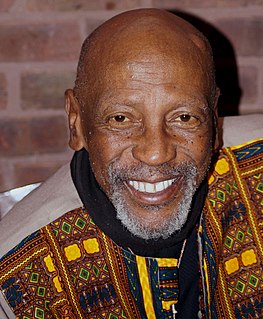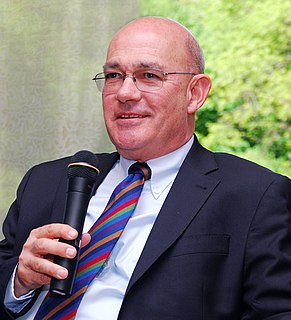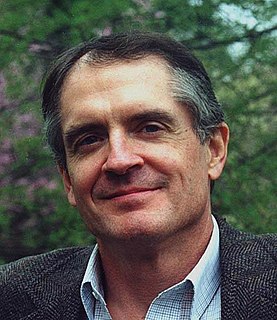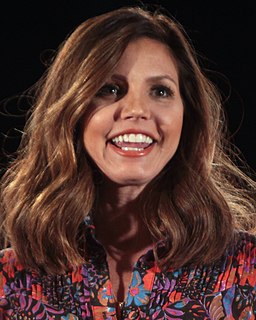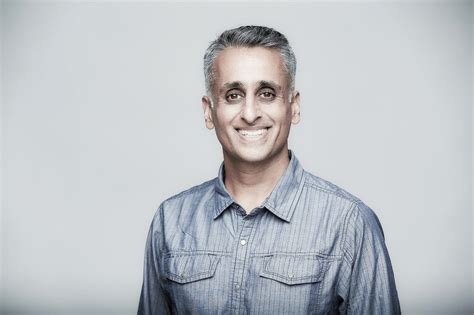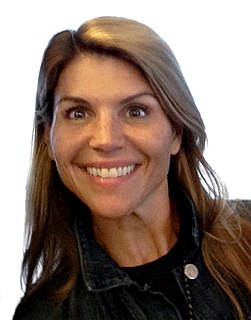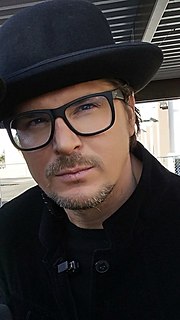A Quote by Louis Gossett, Jr.
One of the most fascinating projects I worked on right after 'Officer' was 'Sadat,' a role for which Anwar Sadat's widow, Jehan, personally chose me. Although this TV miniseries won me nominations for the Golden Globe and an Emmy, strangely, it was boycotted in the Middle East.
Related Quotes
There's a long history in the Middle East of "bread intifadas," starting with 1977 in Egypt, when Anwar Sadat tried to lift bread subsidies. People rebelled and poured into Tahrir Square, shouting slogans against the government just like they did earlier this year. Sadat learned his lesson and kept bread subsidies in place, and so did a host of other Middle Eastern dictators - many of whom were propped up for years by the West, partly through subsidized American wheat.
So much of what we see and hear about the Middle East focuses on what we call politics, which is essentially ideology. But when it comes to the Middle East, and especially the Arab world, simply depicting people as human beings is the most political thing you can do. And that's why I chose to write about food: food is inherently political, but it's also an essential part of people's real lives. It's where the public and private spheres connect.
